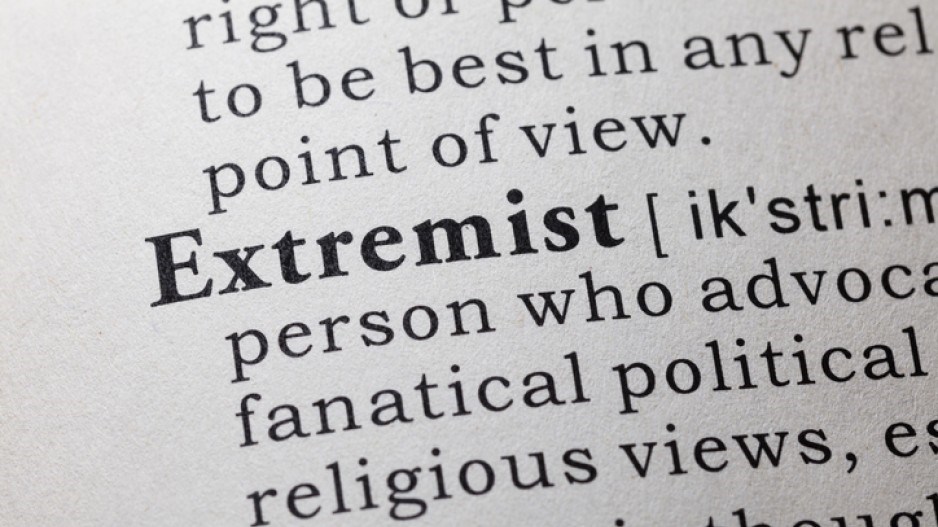In an era of social media, smart phones and “cancel” culture, an employee’s after-hours words or actions can quickly attract public scrutiny, outrage and ultimately employer sanctions.
For example, viewers of photos posted about the mob attack on the Capitol in Washington identified an employee of Navistar Direct Marketing, a Maryland-based printing company. Photos showed him inside the Capitol building with the mob wearing a badge with the company’s logo. Navistar terminated the employee, saying that “while we support all employees’ right to peaceful, lawful exercise of free speech, any employee demonstrating dangerous conduct that endangers the health and safety of others will no longer have an employment opportunity with Navistar Direct Marketing.”
Here in Canada, the fired employee might be an “anti-mask or lockdown” protester. Stories like this raise the issue of when employees can be disciplined or terminated for off-duty extremist political views or actions. Employers need to be aware the employee’s charter right of freedom of expression, as well as human rights prohibition on discrimination based on political belief, will constrain the employer’s right to protect its reputation and the safety and well-being of co-workers and customers.
Our analysis begins with basic employment law principles: generally speaking, an employee’s activities outside of work are not considered relevant grounds for discipline. However, under common law, if the employee’s actions prejudice or could reasonably be expected to prejudice the interests or reputation of the employer, the employer may discipline and, in serious cases, terminate the employee for cause.
A court will take into account the employee’s position in the company and the nature of his or her employment. A senior employee who is the “face of the company” is held to a higher standard than someone who has an administrative or menial role. Likewise, employees in positions of trust such as police officers will be held to a higher standard of off-duty conduct. Finally, an employee who engages in objectionable off-duty conduct but who does so in a way that associates the employee’s actions with the company, such as posting using the company email, posting about events at work or wearing a company uniform or displaying its logo while misbehaving can allow the employer to take disciplinary action.
Thus before an employer can have any possible right to discipline for political activities, these general employment law requirements must be satisfied.
Even if they are, employers must then consider the B.C. Human Rights Code prohibition on discriminatory action based on “political belief.” Although the code does not define political belief, the human rights tribunal has given it a broad interpretation, not confined to conventional partisan political beliefs or affiliation. Nor is the protection limited to just holding a belief, covering expression of political opinions and even lawful actions such as protests in support of those beliefs.
While we could not find a recent case that dealt with extremist statements or actions, it seems likely that extremist unlawful actions, such as storming the legislature would be viewed both as extending beyond the scope of political belief and being clearly unlawful action, whatever the political motivation, thus not protected by the code. It may be that minor infractions such as trespassing during peaceful protest would still be protected, however. Similarly, an exception to the code protection will be made where the political view or action is incompatible with the particular employee’s job duties or role in society, e.g. the off-duty police and soldiers who stormed the Capitol.
But what about the charter right to freedom of expression? The first point is that, technically, the charter applies only to government agencies and laws rather than private employers. However, the courts must ensure that the judge-made employment law cited above applicable to private employers is consistent with charter values such as freedom expression. For a private employer, this probably does not change the analysis above under the code. Even charter rights are subject to “reasonable limits.”
Where does this leave employers upset by what they consider the extremist comments or actions of an employee? Before you take action, you will need to get legal advice on whether the situation falls within principles outlined above to avoid facing a human rights and/or wrongful dismissal claim.
This article is a general summary and does not constitute legal advice. •
J. Geoffrey Howard is principal and founder of Howard Employment Law. Sebastian Chern is an associate at Howard Employment Law.




